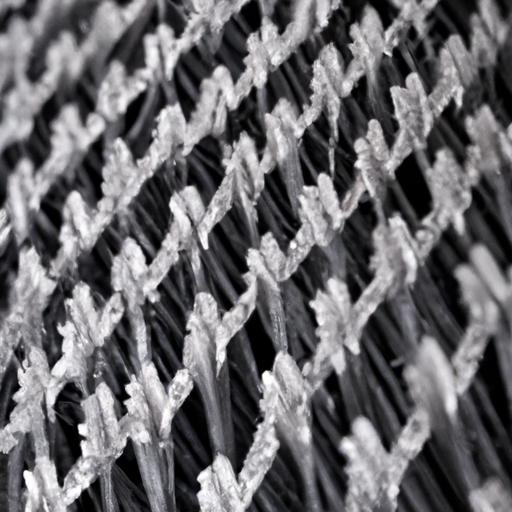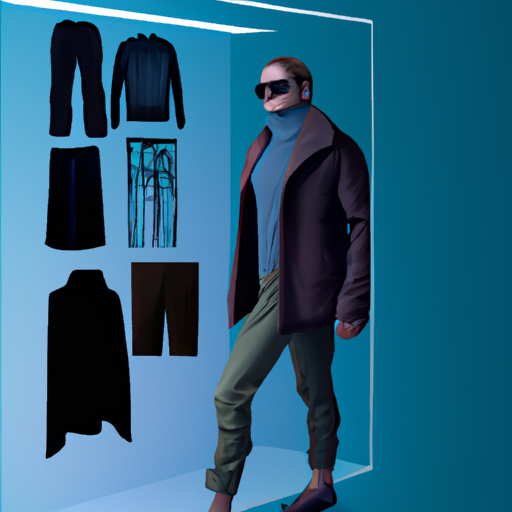Sustainable fashion is revolutionizing the global apparel landscape with innovative technologies and ethical practices. Designers and brands are increasingly prioritizing environmental responsibility and circular economy principles. This comprehensive exploration reveals how conscious consumers and cutting-edge strategies are reshaping the fashion industry's future.

The fashion industry stands at a critical crossroads, where sustainability is no longer an optional strategy but an essential transformation.
Historically, fashion has been notorious for its significant environmental footprint, with textile production contributing approximately 10% of global carbon emissions. However, a new era of conscious design and technological innovation is rapidly emerging, promising to revolutionize how we conceptualize, produce, and consume clothing.
One of the most promising developments in sustainable fashion is the rise of circular economy principles. Unlike traditional linear models of 'take-make-dispose', circular fashion emphasizes recycling, regeneration, and minimal waste. Pioneering brands are developing advanced technologies that allow clothing to be completely broken down and reconstructed, creating a closed-loop system that dramatically reduces environmental impact.
Materials science is playing a crucial role in this transformation. Innovative fabrics made from agricultural waste, recycled plastics, and bio-engineered fibers are replacing traditional, resource-intensive textiles. Companies like Bolt Threads are creating leather alternatives from mushroom mycelium, while others are developing fabrics from coffee grounds, seaweed, and even carbon emissions.
Consumer awareness and demand are also driving significant change. Younger generations, particularly Millennials and Gen Z, are increasingly prioritizing sustainability in their purchasing decisions. They want transparency about supply chains, ethical labor practices, and environmental commitments from fashion brands.

Technology is further accelerating sustainable fashion's evolution. Digital platforms now allow consumers to trace a garment's entire lifecycle, from raw material sourcing to production and potential recycling. Artificial intelligence and machine learning are being deployed to optimize design processes, reduce waste, and create more efficient production models.
The future of sustainable fashion is not just about reducing negative impacts but creating positive, regenerative systems. Designers are reimagining fashion as a force for environmental restoration, social equity, and innovative expression.
As we move forward, collaboration will be key. Governments, corporations, designers, and consumers must work together to create systemic change. The most successful sustainable fashion strategies will integrate technological innovation, creative design, and genuine commitment to environmental and social responsibility.


